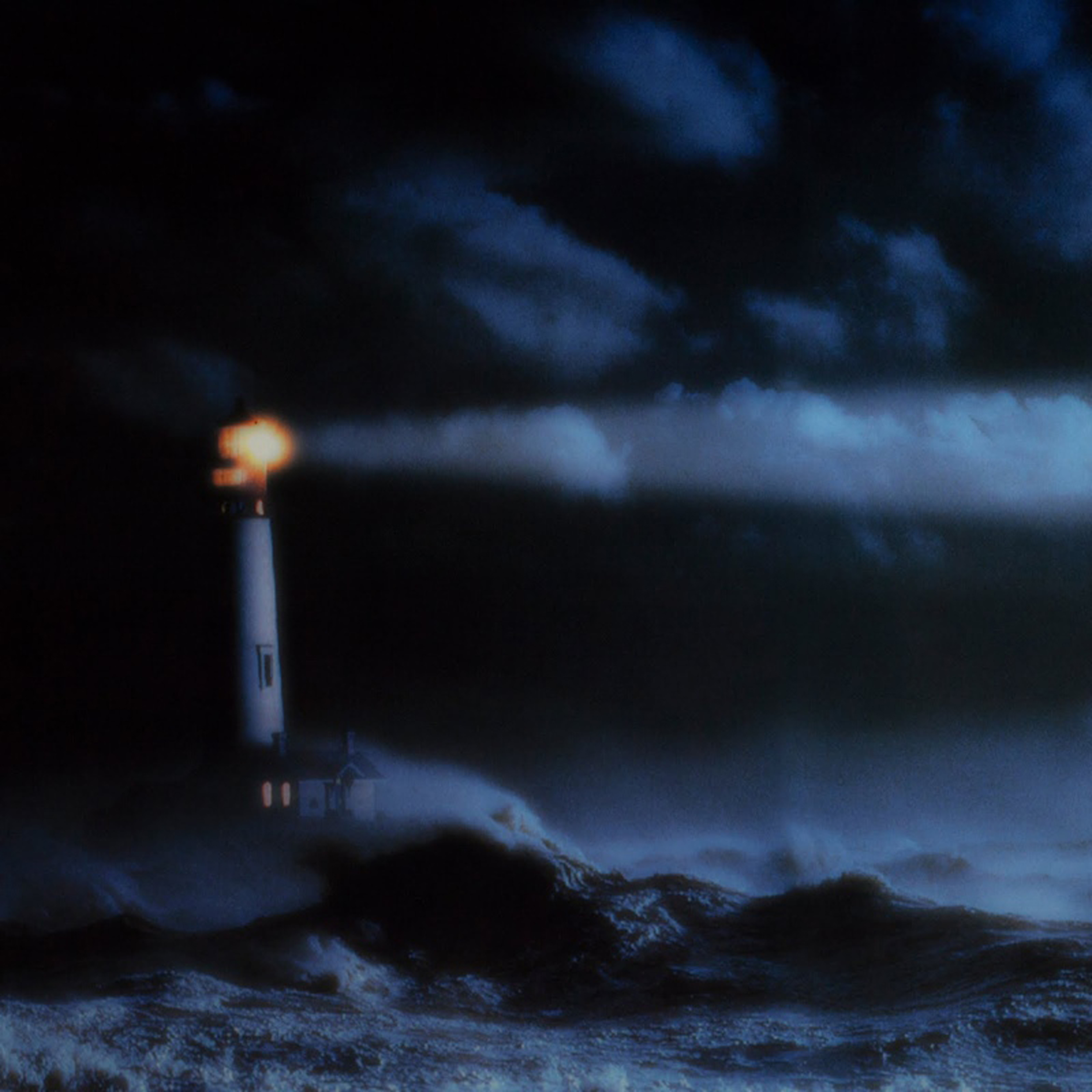Music fans tend to have a love/hate relationship with music from the ’80s. On the one hand, the corny rock and power pop of the decade have helped to create some of the most prevalent guilty pleasure bands of this generation, such as Journey.
The other major addition the ’80s made to popular music was the development of the synthesizer, which was used painfully often during the decade, to the joy of some music fans and to the chagrin of others. For better or for worse, John Maus has released an album that relies almost exclusively on the synthesizer in his new album “We Must Become The Pitiless Censors of Ourselves.”
Overall, this album is a bit of a head-scratcher, if only because synthesizer melodies are often the only clearly understandable component of the songs. Maus does sing (though it is in a half-spoken, mumbling baritone), but more often than not his words are essentially impossible to understand.
This can work at times, creating songs that are wonderfully atmospheric. One song in particular in which this is evident is “We Can Breakthrough.” In the song, the vocals take on the feel of a church choir and, though the words are hard to understand, the song overall is outstanding. It sounds like Maus is playing alone in an empty and echoing church.
At other times, the synthesizers sound completely ridiculous without the grounding effect of vocals. The synthesizer introduction to “Quantum Leap,” for example, sounds like something out of a cheesy animated episode of “Batman.”
However, when discernible lyrics combine with smart synthesizer melodies, the results are great. “Hey Moon” is a wonderfully executed love song which can sound lonely and hopeful at the same time, with the help of outstanding female vocal accompaniment. “Head For the Country” explores the idea of the city as a dangerous place, with the country representing a safe haven from urban crime.
Perhaps the most cohesive ““ and disturbing ““ song on the album is “Cop Killer.” Obviously, the lyrics are extremely dark, featuring lines like “Cop killer / Let’s kill the cops tonight.” And though Maus repeats that this practice is illegal, the song is still a brilliant piece of disturbing music, made all the more disturbing by the appropriately dark synthesizer melody.
Unfortunately, there are a couple more legitimate flaws to the album. Most blatant is the absolute immersion of listeners in the canned sounds of synthesizers. The rare moments in which other, non-electronic instruments make their marks on the music (piano in “Hey Moon” and church bells in “Head For the Country”) give the listener breaths of fresh air that are entirely too short.
Speaking of too short, so are the songs on the album themselves. The album clocks in at 32 minutes, roughly the length of a seven- or eight-song EP. However, there are 11 tracks on this album. The result is a set of predominately short songs.
This is a double-edged sword. On one hand, uninteresting songs are over before they drag on too long. Unfortunately, interesting songs often end before the listener has the chance to settle in to the music.
That is not to imply that this album is entirely bad. Though it is definitely flawed, “We Must Become the Pitiless Censors of Ourselves” is a great set of songs to play while driving. It is diverting and entertaining without requiring much attention on the part of the listener, which, after a long school year, may be just what students want.
Email Bain at [email protected].
